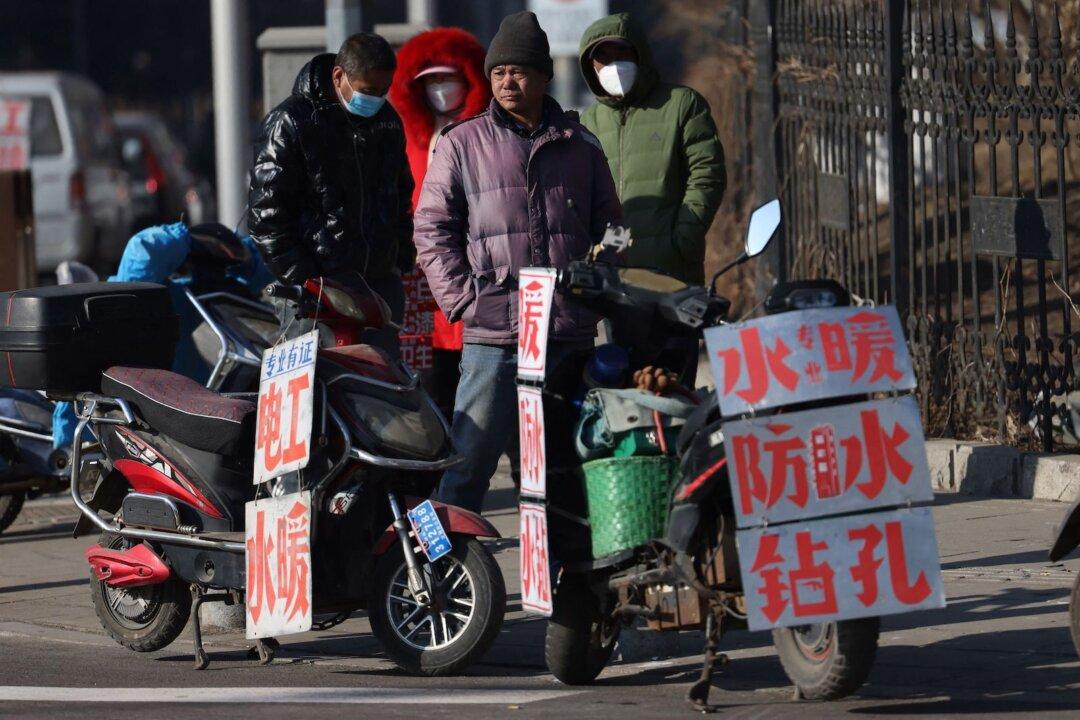As the Lunar New Year approaches, there’s typically a surge in cases of migrant workers demanding unpaid wages in China. However, with the economy facing a downturn and authorities pushing the narrative of a bright economic future, this year the Chinese Communist Party (CCP) officials are actively suppressing reports of wage disputes.
Zhang Dong (pseudonym), a migrant worker, said to the Chinese language edition of The Epoch Times, “In the construction sector, many workers haven’t received anything for a couple of years.”




